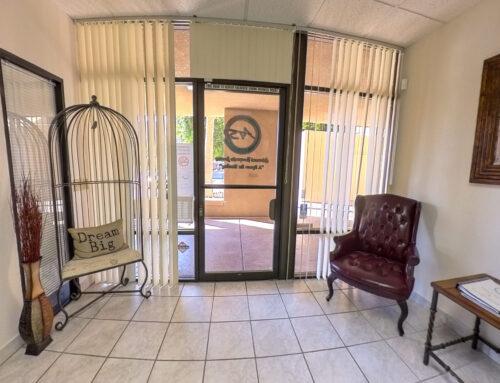LGBTQ Treatment for Drug and Alcohol Addiction
Addiction treatment centers in several states are becoming more keen on growing quality programs for LGBTQ clients, but there is still quite a ways to go. While many counselors and therapists are being trained on the unique issues faced by those identify as LGBTQ, only few are truly equipped to deal with each of the mini-communities within LGBTQ. They include Lesbian, Gay, Bisexual and Transgender, and that’s only to name a few that have come into the light in recent decades. Of these groups, Transgender may be the most at risk for substance abuse disorders and may also be the most complicated to treat in some instances.
As some in the treatment world are struggling to remember the classifications, others are finding ways to respond to the needs of these individuals. The treatment community is aware that LGBTQ clients come with unique challenges and that the rates of substance abuse disorders tend to be higher in this population than in those identifying heterosexual. Co-occurring disorders are also far more common in this population, leading to the need for specialized care.
Transgender people may have additional challenges that an experienced therapist can help with. These challenges deal with body image, stress or trauma related to a transition procedure, lack of understanding from society as a whole, and perhaps feeling alone because there are relatively few people with the same concerns.
Sexual orientation is such a central aspect to the identity of some LGBTQ individuals that they often they use drugs and alcohol in order to “numb or enhance sexual feelings.” Also, while societal views are changing with regard to sexual orientation, shame and guilt still plague the lives of many LGBTQ people, leaving them feeling isolated or rejected. With the triple whammy of 1. shame, 2. addiction and 3. other mental disorders, specialized care has become a clear necessity. On top of that, there is a serious social stigma on all of these levels complicating the matter further.
As the behavioral health world catches up with these concerns, some LGBTQ organizations and allies are using education and principles of inclusion to help to reduce shame. They are also helping society to be aware of who may need specialized treatment that is sensitive to their situation. For example, these days, some organizations prefer that “LGBTIQ” be used as the standard acronym because it is more inclusive of sexual orientations. The “I” comes from the term “Intersex,” which according to the Intersex Society of North America, “is a general term used for a variety of conditions in which a person is born with a reproductive or sexual anatomy that doesn’t seem to fit the typical definitions of female or male.” The “Q” stands for “Questioning.”
Receive Help for Drug and Alcohol Addiction at an LGBTQ Treatment Program
Are you or a loved one suffering from addiction but feel like your concerns are unique and require individualized treatment? If so, please call the ATS Admissions Helpline at (760) 322-1777. We are trained to help LGBTQ clients and focus on Transgender. We are ready to serve this population and are here to help you.






